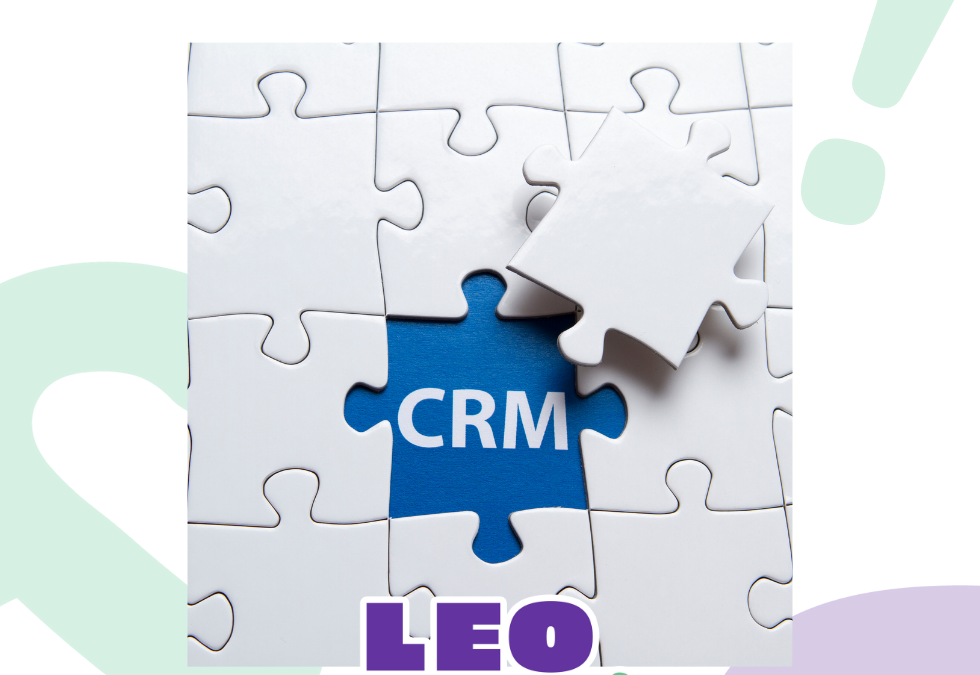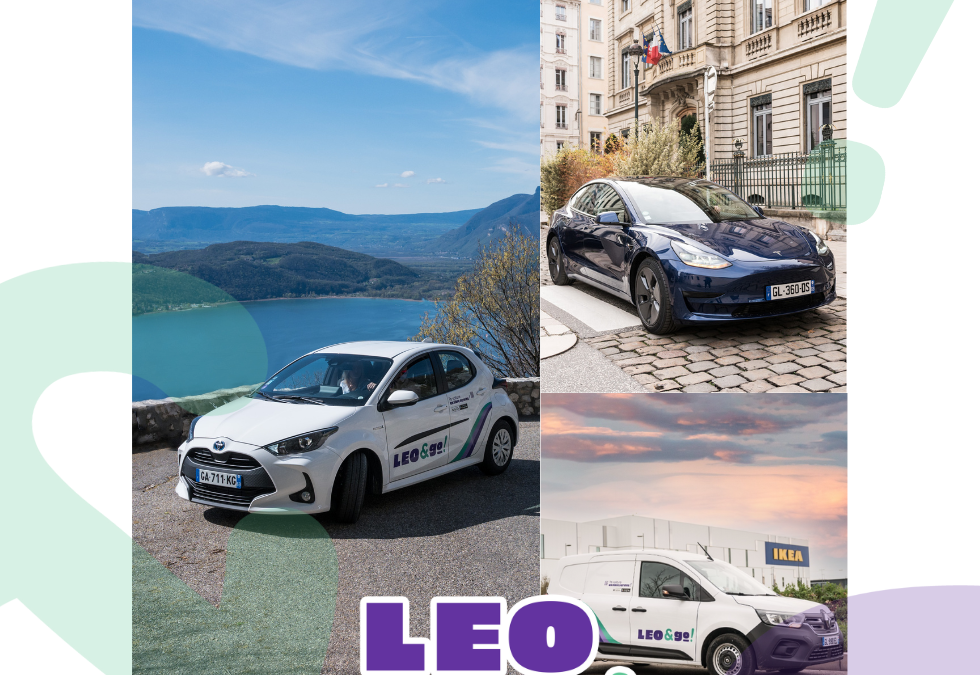We recently sat down with Sylvain Bach, Vulog’s Head of Data Science, to answer every question and get his perspective on the importance of data science in the mobility space.
March 12, 2019 Sylvain Bach is an engineer specializing in applied mathematics, and before joining Vulog in 2017, he worked in the insurance sector predicting actuarial risks in order to determine the optimal capital to hold. He has also worked as a data analyst at Criteo, a leading company in targeted digital advertising. So, let’s pick into his brain to know everything he knows about mobility data analytics!
First of all, what is data science?
Data science is a branch of applied mathematics that gathers techniques from statistics and computer science in order to generate actionable insights from the data. Over the past two decades, the development of new algorithms and the ever-increasing computation and storing capabilities of computers have helped evolve data science into becoming a crucial factor for companies aiming to remain competitive in nearly every field (medical, military, energy, social network, transport and more).
What value does data analytics add to a mobility service?
As mobility is moving from a private model to a shared one (shared cars, bicycles, scooters, etc.), carsharing operators are gathering more and more data related to their users’ behaviors (time of bookings, positions when starting and ending a trip, etc.) and vehicle information (level of the battery, speed, state of the vehicle, etc.). This data is very precious: it allows operators to predict key metrics to help improve their service and user experience. For instance, knowing the positions of the users when they open the application will let the operators optimize the positioning of vehicles in the city to better serve customer demand. Another use case is linked to fleet monitoring. Operators continually need to recharge, clean, maintain vehicles. A staff member can travel kilometers and kilometers during the day to fulfill these tasks. Data science in mobility can help optimize their time and route in order to significantly reduce the costs for the operators.
How is data science changing the transportation industry?
By efficiently fulfilling demand, we maximize the utilization of vehicles throughout the day. By efficiently managing and maintaining the fleet we increase the availability rate of the fleet. These 2 elements have a direct impact on revenues and profitability optimization.
Better efficiency will also allow operators in the midterm to offer more competitive offerings to their customers. This makes shared services more appealing to the consumer and will considerably increase the use of shared mobility in the long term.
What new and exciting projects are you working on right now?
Our data science team is currently working on key topics that will help carsharing operators manage their fleet even more efficiently in the future. We are building a simulation tool that will allow them to predict, for a given configuration of vehicles in the city, which revenue will be generated over the next hours. We are also building APIs that will help the operators in optimizing the car redistribution in the city. Other APIs relying on predictive demand will suggest promotions on vehicles in low-demand areas of the city.
How do you think advancements in data science will impact mobility in the next 10 years?
The main advancement from data science will come from its first term; data! Data will explode in the future which will allow us to model even more precise demand and add new variables in our models. For instance, we will be able to predict demand depending on specific events in the city (football games, concerts, political meetings, etc.)
Vulog is the world’s leading tech mobility provider: we are committed to building a greener future, one city at a time.




